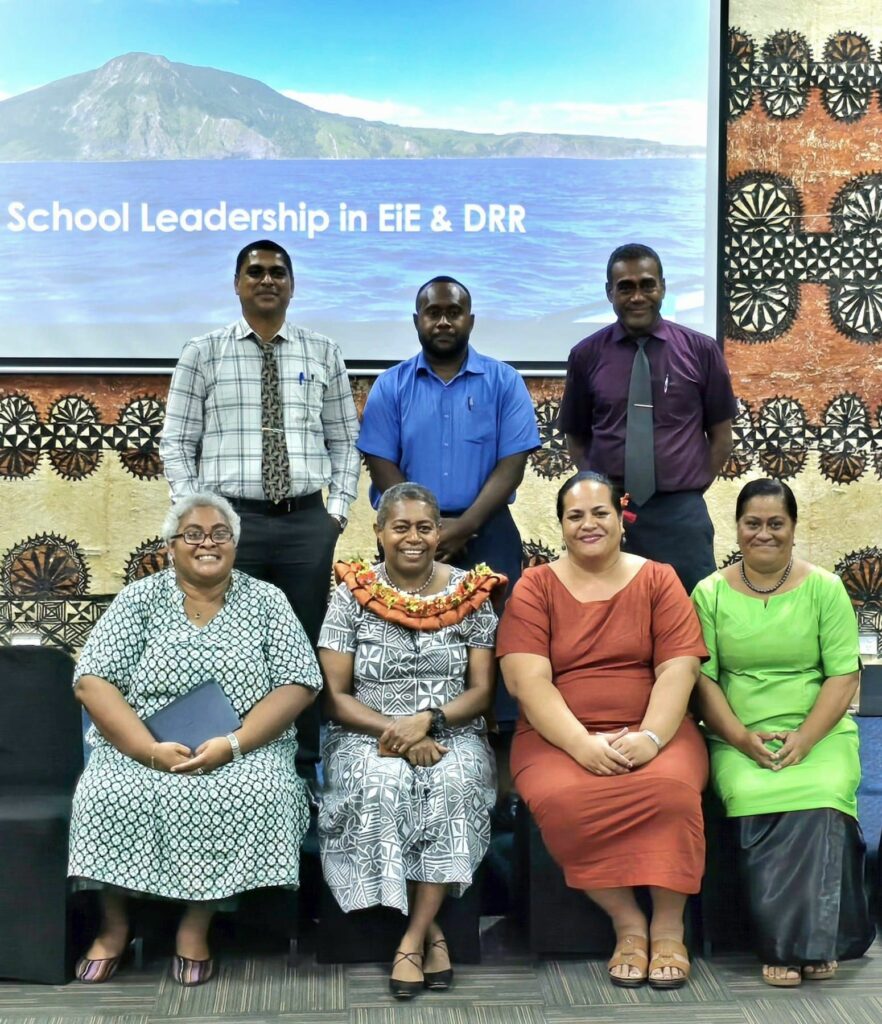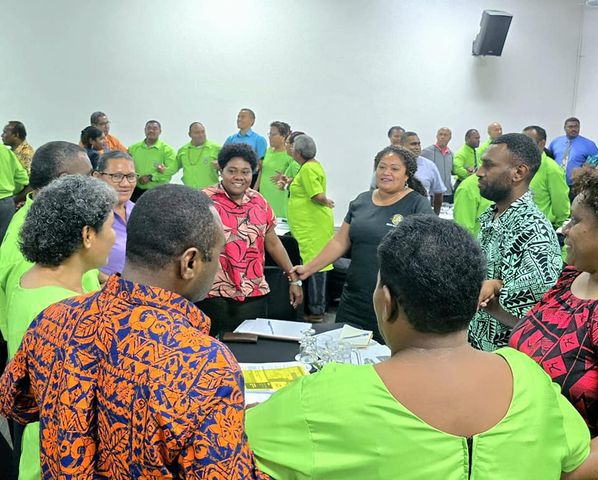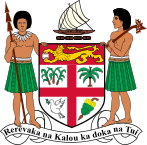The Permanent Secretary for Education officiated at the opening of the Disaster Risk Reduction (DRR) Workshop for Eastern Heads of Schools, highlighting the critical need for effective disaster risk management in schools.
PS Ms. Selina Kuruleca highlighted that while natural disasters such as extreme weather and tropical cyclones are inevitable, the impact of these hazards can be significantly reduced through proactive disaster risk reduction strategies.
“Natural hazards may be inevitable, but disasters with loss of life and high economic costs are not. This is why disaster risk reduction is important. It lowers the probability that a hazard or man-made event has disastrous consequences.”
Permanent Secretary for Education, detailed how to measure disaster risk by evaluating hazards, exposure, and vulnerability.
“Measuring disaster risk involves evaluating the three components of disaster: Hazard-A natural, technical, or man-made threat to people, property or the environment; Exposure – How likely that the hazard will occur; and Vulnerability – How susceptible people, property, or the environment are to the hazard.”
PS Ms. Kuruleca stressed the importance of accurate data, “According to the UN Global Assessment Report on Disaster Risk Reduction 2019, ‘You need accurate, robust and real-time data to guide activities to reduce disaster risk, “this aligns to our Denarau Declaration Thematic Area on Digital Learning, perhaps we need to explore with our partners the use of digital platforms and AI technology for DRR. Let’s think outside the box.”
The last DRR training for the Eastern Division was done in 2016. This workshop aims to equip school leaders with the knowledge and tools necessary to develop disaster safety plans and evacuation procedures, ultimately protecting over 11,000 students and nearly 1,000 teachers across the region.
“I understand that 94.7% of Heads of Schools in the Eastern Division have not attended any DRR Training.” She acknowledged the region’s unique challenges. The Eastern Division is unique given the geo-scatter of its islands along the habitual pathway of cyclones, their vulnerability to coastal inundation during storms and king-tides, and droughts.”
PS Ms. Selina Kuruleca concluded her address by highlighted the significance of Psychological First Aid (PFA) in disaster scenarios,
“Psychological First Aid is the first help that you give to someone when there is a disaster. The first thing you do is; STOP- LOOK, LISTEN & LINK. Look – Make an observation, say something about what you see. Listen – listen to the people and their needs; Next is linking – We are linking to other services and help we don’t have with us. So when a disaster happens in your workplace, in your home, who do you link to? It’s important to know who to link to during a disaster.”
The workshop will conclude on Wednesday, 4 September.



